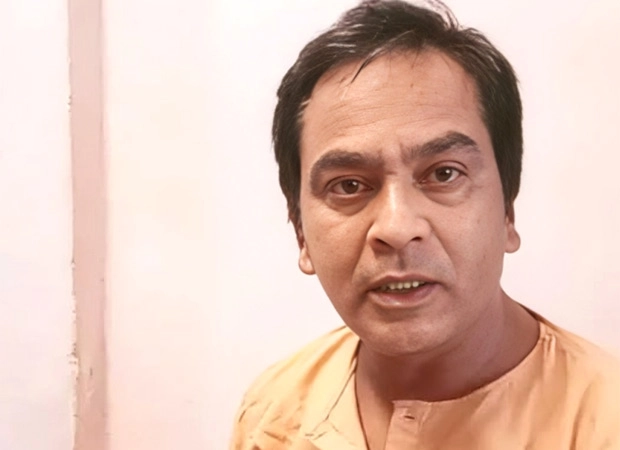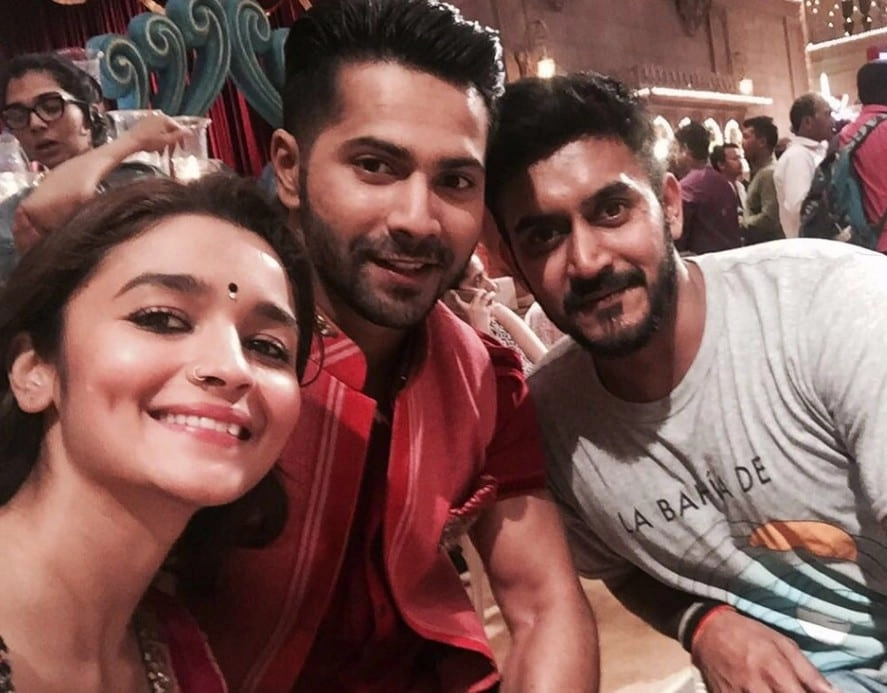Kamal Haasan, the legendary Indian actor and filmmaker, recently expressed his regret over not collaborating with the renowned director Mani Ratnam after their iconic film “Nayakan.” This movie, released in 1987, is often hailed as a masterpiece and is a significant milestone in both Haasan’s and Ratnam’s careers. The film showcased Haasan’s remarkable acting skills while establishing Ratnam as a visionary director capable of telling compelling stories. Despite the critical and commercial success of “Nayakan,” the two have not worked together again, which Haasan now reflects upon with a sense of loss.
In an interview, Haasan articulated his feelings, acknowledging that the opportunity for further collaboration slipped through their fingers due to the nature of the film industry and their respective career paths. He noted that while they both moved on to pursue different projects, the potential for creating more cinematic magic together remains a lingering thought in his mind. “We can only say sorry,” Haasan remarked, emphasizing the bittersweet nature of their individual journeys in cinema. He believes that their artistic synergy could have produced remarkable work had they combined forces once more.
The regret expressed by Haasan is not just about missed collaborations but also about the evolution of cinema itself. Both he and Ratnam have continued to push the boundaries of storytelling and filmmaking, but the unique chemistry they shared during “Nayakan” is something that cannot be replicated. Haasan’s acknowledgment of this lost opportunity serves as a reminder of the fleeting nature of creative partnerships in the film industry. As both artists continue to contribute to Indian cinema, fans are left to wonder what could have been had they reunited for another project.
Ultimately, Haasan’s reflections highlight the importance of collaboration in the creative arts and the impact that certain partnerships can have on a filmmaker’s career. As he looks back on his journey, the sentiment of regret is paired with an appreciation for the work they accomplished together. While the past cannot be changed, Kamal Haasan’s words resonate with many artists who understand the value of collaboration and the potential magic that lies in working with a kindred spirit.




